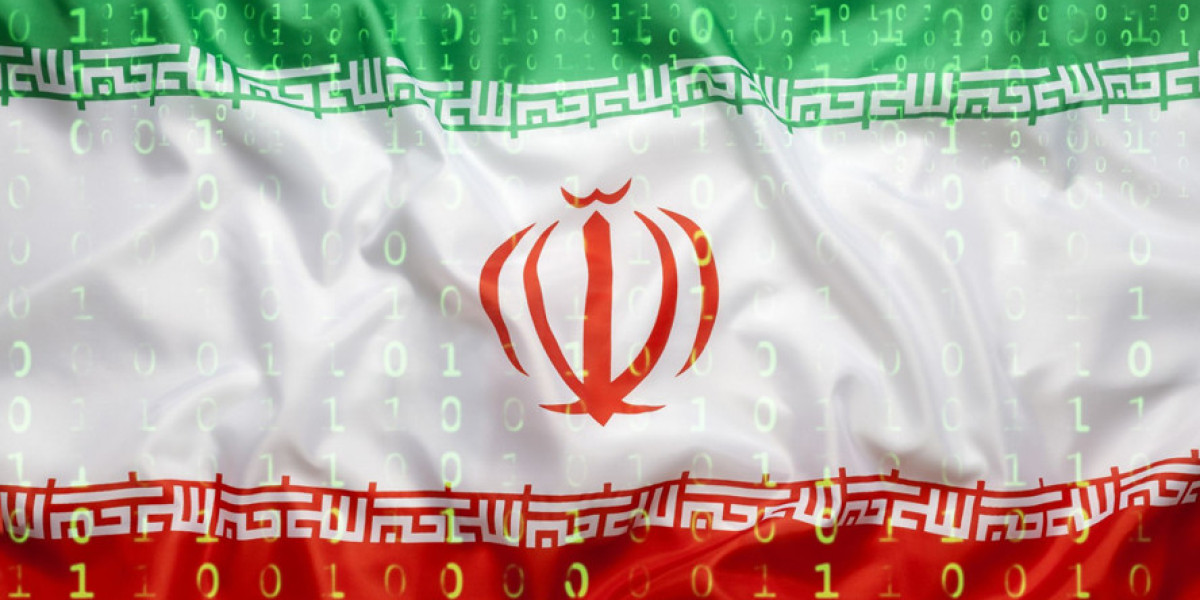KPV: A New Frontier in Anti-Inflammatory and Immune Modulation Therapy
The appeal of KPV lies in its dual action. First, it directly interferes with pro-inflammatory signaling pathways. By binding to specific receptors on immune cells, KPV blocks the activation of transcription factors such as NF-κB and AP-1, which are central drivers of cytokine production. As a result, levels of tumor necrosis factor alpha, interleukin 6 and other mediators fall sharply. Second, KPV promotes an anti-inflammatory milieu by encouraging the release of regulatory molecules like interleukin-10 and transforming growth factor beta. This shift not only curtails excessive inflammation but also fosters a regenerative environment that supports healing.
Unlike many traditional anti-inflammatories that rely on systemic immunosuppression, KPV’s action is highly targeted. It spares essential immune functions while suppressing the pathological aspects of inflammation. In animal models of arthritis and colitis, treatment with KPV reduced joint swelling and intestinal ulceration by over 70 percent without compromising the animals’ ability to fight infections. Early clinical studies in humans have reported similar benefits: patients receiving KPV showed rapid symptom relief, lower dosages of corticosteroids, and fewer side effects compared to standard regimens.
Our Proven 3-Step Process
To harness the full therapeutic potential of KPV, a meticulous three-step workflow is employed:
- Peptide Synthesis and Purification
- Formulation Development
- Preclinical and Clinical Evaluation
Reducing Inflammation
KPV’s anti-inflammatory effect is multifaceted. By blocking key signaling pathways, it reduces the production of reactive oxygen species and nitric oxide—two contributors to tissue damage. Simultaneously, it upregulates antioxidant enzymes such as superoxide dismutase and glutathione peroxidase, providing an additional layer of protection against oxidative stress.
Moreover, KPV influences immune cell trafficking. It decreases the expression of adhesion molecules on endothelial cells, thereby limiting the recruitment of neutrophils and monocytes to inflamed sites. This selective blockade helps preserve barrier integrity and prevents the escalation of inflammation into systemic pathology.
Clinical implications are profound. In patients with chronic inflammatory bowel disease, KPV has been shown to lower fecal calprotectin levels—a marker of intestinal inflammation—while improving endoscopic scores. In acute burn wounds, topical application accelerates re-epithelialization and reduces pain scores by modulating local cytokine profiles.
In summary, KPV peptide represents a promising frontier in anti-inflammatory therapy. Its precise molecular design, coupled with a robust three-step development process, enables the creation of targeted, safe, and effective treatments that can revolutionize how we manage inflammatory diseases and immune dysregulation.










